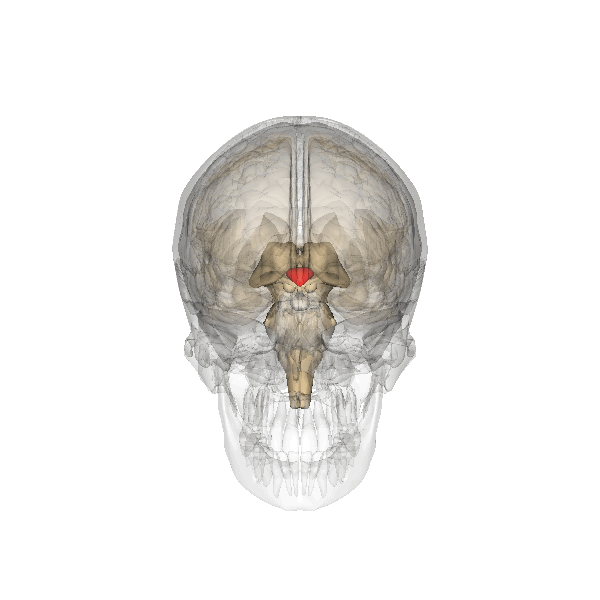People who have higher appetites for food tend to have lower interest in cocaine, or exploratory behavior, while those less interested in foods may become increasingly interested in cocaine, because of the way some neurons in part of the brain that controls hunger work, researchers from Yale University School of Medicine reported in Nature Neuroscience. The scientists say they have closed in on a set of neurons that are not only linked to overeating, but also to non-food associated behaviors, such as drug addiction and novelty seeking.
The scientists have focused on the brain’s reward circuits, which exist in the midbrain. Their aim being to determine whether factors that lead to obesity and diabetes type 2 might be caused by a type of food-addiction drug-abuse, similar to cocaine.
The study was led by Marcelo O. Dietrich, Tamas L. Horvath, and David W. Wallace.
The researchers discovered, however, that their findings “flips the common wisdom on its head”.
Marcelo O. Dietrich, said:
“Using genetic approaches, we found that increased appetite for food can actually be associated with decreased interest in novelty as well as in cocaine, and on the other hand, less interest in food can predict increased interest in cocaine.”
Horvath and colleagues carried out a study on two sets of transgenic mice – mice with DNA from another organism mixed into their genes:
- First set of mice – a signaling molecule that controls hunger-promoting neurons in the hypothalamus was knocked out
- Second set of mice – the same neurons were interfered with by getting rid of them selectively using diphtheria toxin
The mice were exposed to various stimuli (non-invasive) in order to see how they responded to anxiety, novelty, and cocaine.
Horvath said:
“We found that animals that have less interest in food are more interested in novelty-seeking behaviors and drugs like cocaine.
This suggests that there may be individuals with increased drive of the reward circuitry, but who are still lean. This is a complex trait that arises from the activity of the basic feeding circuits during development, which then impacts the adult response to drugs and novelty in the environment.”
The scientists believe that the hypothalamus plays a key role in the development of higher brain functions. The hypothalamus controls body temperature, sleep, thirst, and hunger, among other body functions – it links the nervous system to the endocrine system via the pituitary gland.

The hypothalamus, which is key to the development of higher brain functions, is a tiny area in the mid-brain
Horvath said:
These hunger-promoting neurons are critically important during development to establish the set point of higher brain functions, and their impaired function may be the underlying cause for altered motivated and cognitive behaviors.
There is this contemporary view that obesity is associated with the increased drive of the reward circuitry. But here, we provide a contrasting view: that the reward aspect can be very high, but subjects can still be very lean. At the same time, it indicates that a set of people who have no interest in food, might be more prone to drug addiction.”
Written by Christian Nordqvist